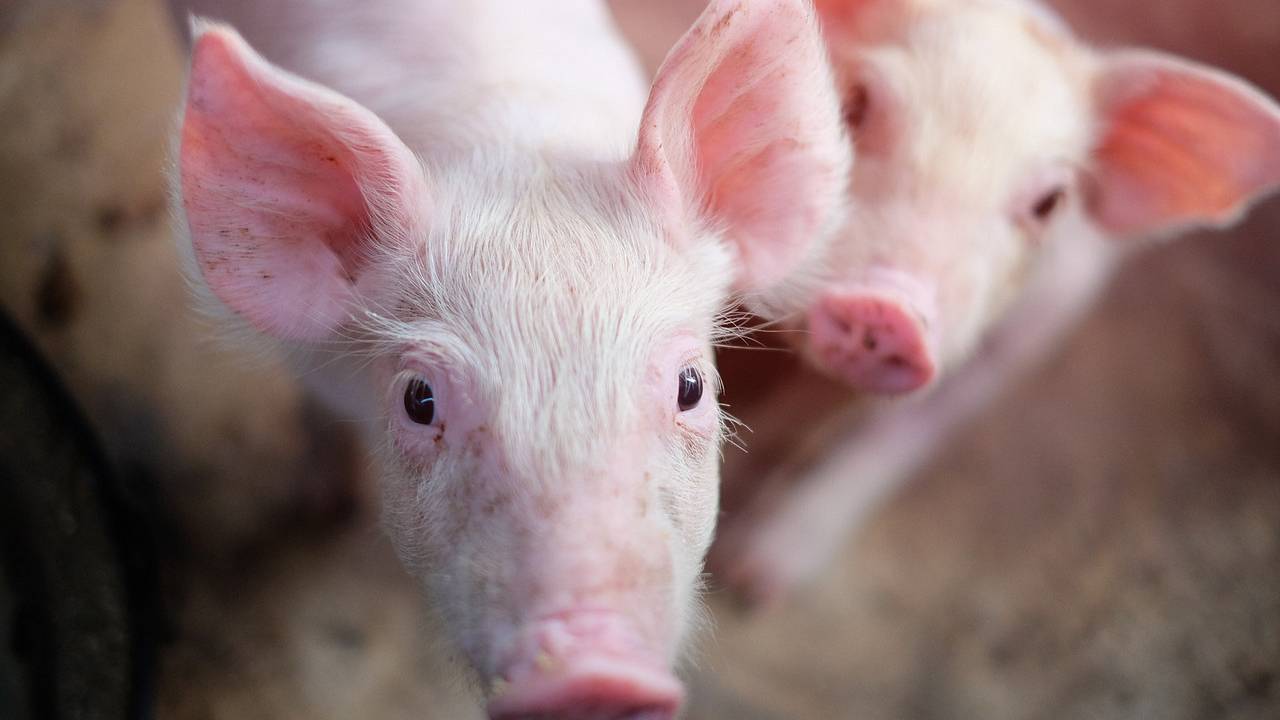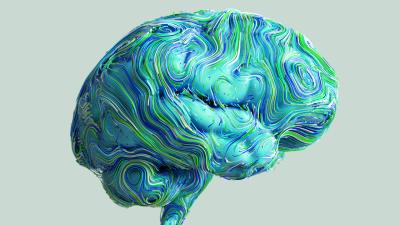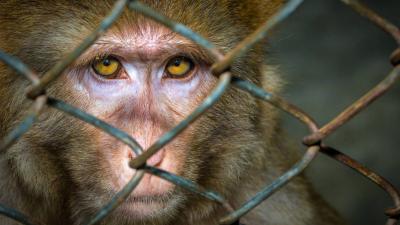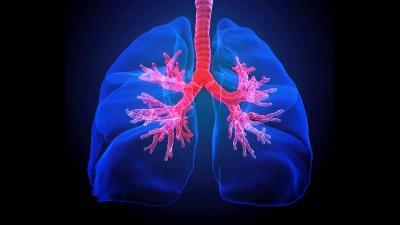Shifting Away From Animal-to-Human Organ Transplantation Toward Better Solutions to the Organ Donor Shortage

Xenotransplantation is the process of transplanting an animal organ into a human body as a treatment for organ failure or injury, but the Physicians Committee is sounding the alarm about the many risks of pursuing this dead-end strategy and putting forth alternative solutions that even YOU can take to save human and animal lives.
Because of recent advancements in genetic engineering and the commercial availability of genetically altered pigs, there have already been pig-to-human xenotransplant operations in the past few years and researchers say they are closer to clinical trials than ever before. In October 2021, researchers attached a pig kidney to a patient who was brain-dead and maintained it outside her body for three days before she was due to be taken off of life support. In January 2022, a 57-year-old man with a life-threatening heart attack received a pig heart. Two months later though, he died, and while it’s unclear what went wrong, there are many risky complications associated with xenotransplantation.
Organ rejection can occur with all transplantation, using human or other animal organs, but, evidence shows that rejection to transplanted organs across species elicits a stronger immune response than transplants within the same species. After the death of the 57-year-old man who received a pig heart, researchers found the presence of porcine cytomegalovirus, a pig-borne pathogen that has been shown to be detrimental to xenotransplants and could contribute to patient mortality.
The risk of infection poses a risk not only to the individuals receiving pig organs; it can also be a risk to local and even global communities. Zoonotic spillover is when disease pathogens jump from one species to another, a concept that many of us are now familiar with as it is likely how COVID-19 emerged as a pandemic-causing pathogen. Ironically, about half of emergent zoonotic diseases are associated with agriculture, caused by deforestation as well as the genetic homogenization, antibiotic resistance, transport, physiological stress, and waste associated with the use of animals for food. With xenotransplantation, we may not fully understand the risk of zoonotic spillover until it is too late.
We are already struggling to reckon with the many detrimental effects of animal agriculture on the planet and our health. To pursue an entirely new form of industrialized farming, a new form of large-scale commodification, modification, and slaughter of animals is counterproductive to the goal of mitigating those harmful effects.
The continued pursuit of xenotransplantation exposes a hidden risk, opportunity cost—when limited taxpayer and private funds are being funneled into a dead-end, risky strategy instead of more reliable options. The fact remains that there are over 100,000 patients awaiting organ transplants in the United States alone. But given all the dangerous possible outcomes of xenotransplantation, it is in the best interest of patients, their families and communities, the planet, and of course the animals, to pursue alternative methods of addressing the organ shortage that are more viable and less risky.
Instead of xenotransplantation, organ failure can be avoided altogether through disease prevention and management, which can be achieved with effective human-specific drug development and lifestyle measures like a plant-based diet. Transplantation methods can be further improved through technologies like supercooling, which preserves organs longer and at higher quality, and by more efficiently allocating organs. Donor supply can be increased through a variety of measures like educational tools, opt-out donor registration policies, and expanded donor criteria. Lastly, regenerative therapies, which use engineered human tissue to salvage damaged organs, can help prevent the need for transplantation, and 3D bioprinting technologies may one day allow the generation of biofabricated whole organs or parts for transplantation without the need for human donor or pig organs.
How You Can Help
Each of us can play a part in helping patients on the organ waitlist while also saving pigs from this terrible fate. The Physicians Committee urges you to register to be an organ and tissue donor with Donate Life. Not only is it possible for donors to provide life-saving transplants, they can also contribute to groundbreaking research that helps reduce and replace the use of animals.







